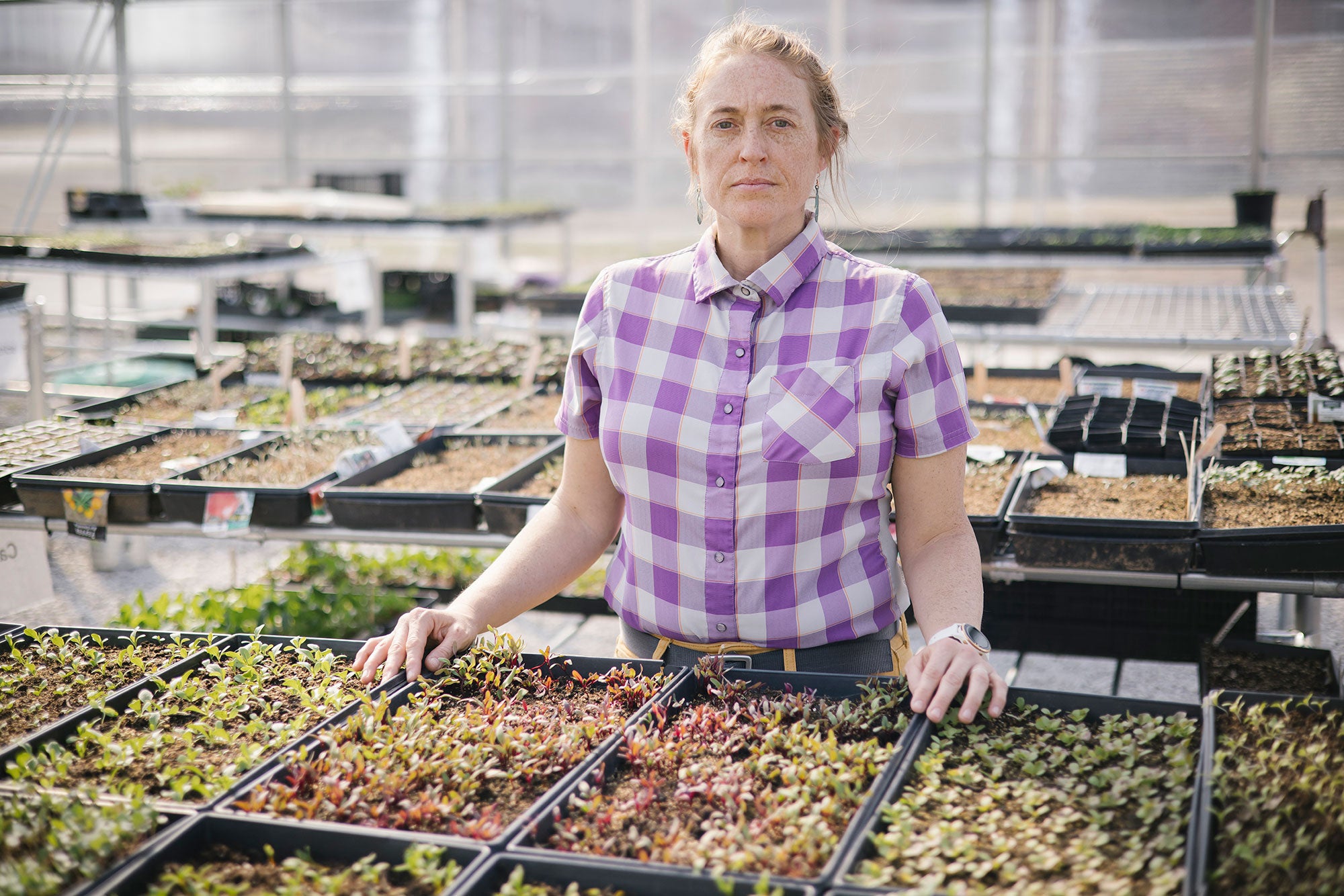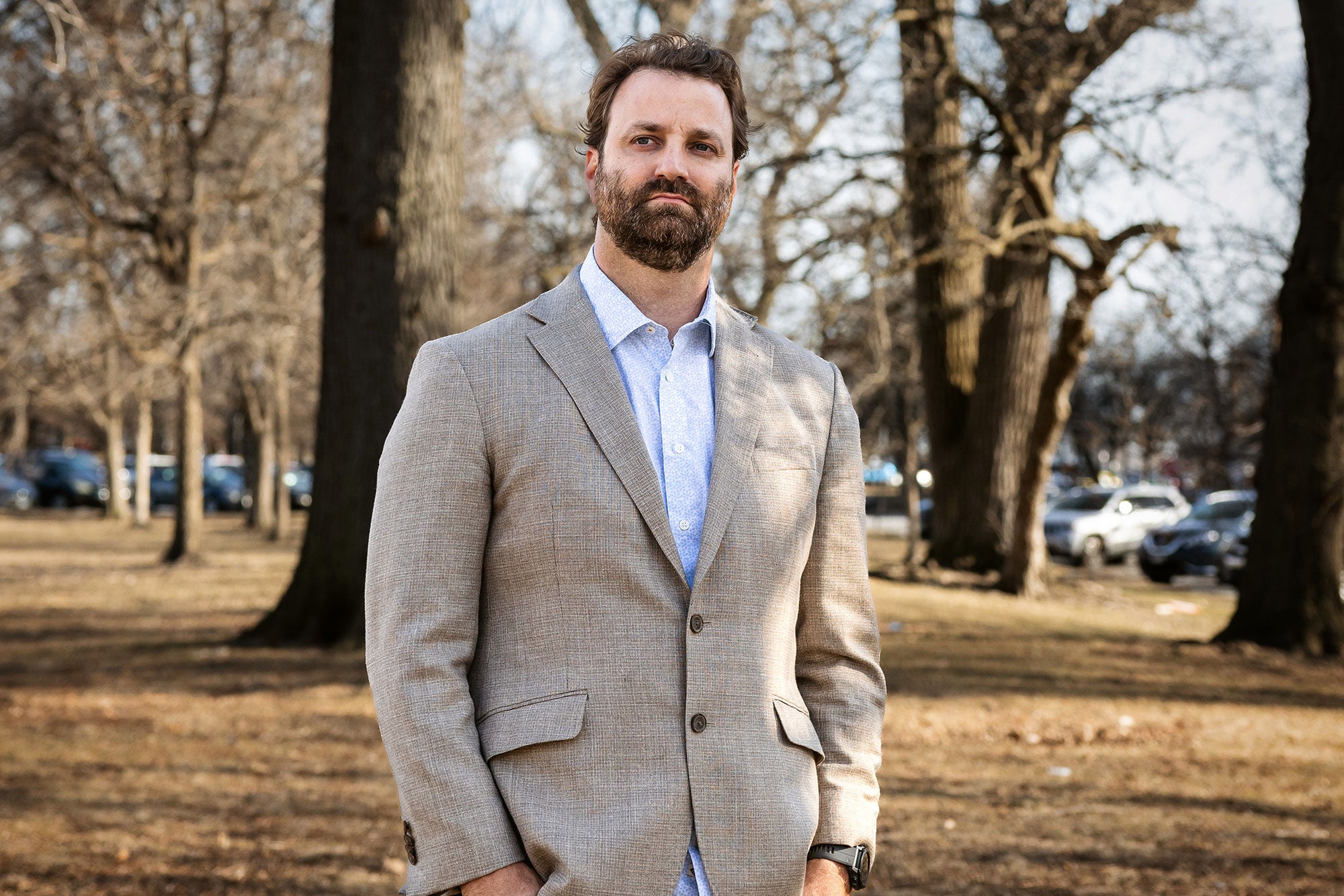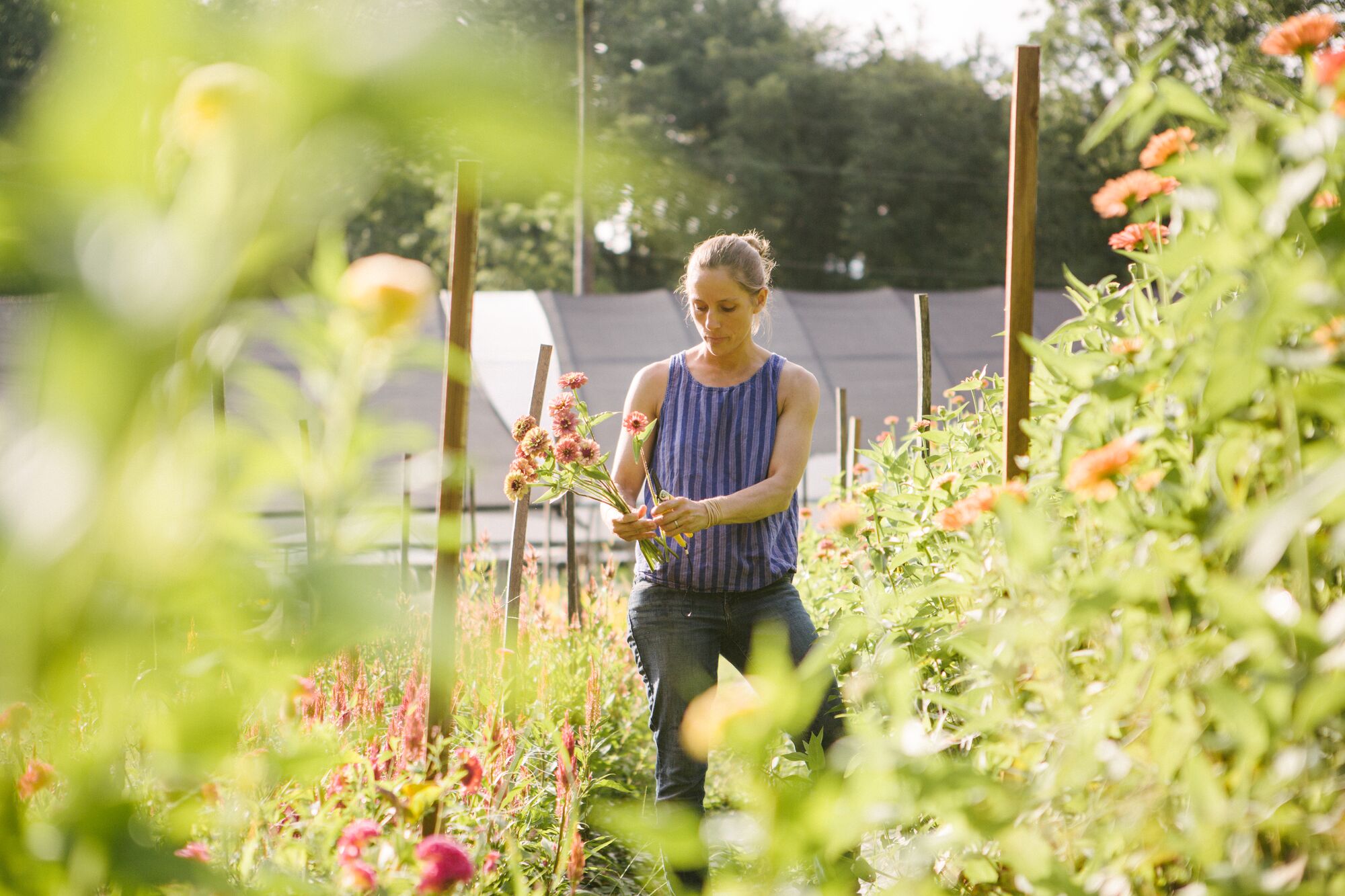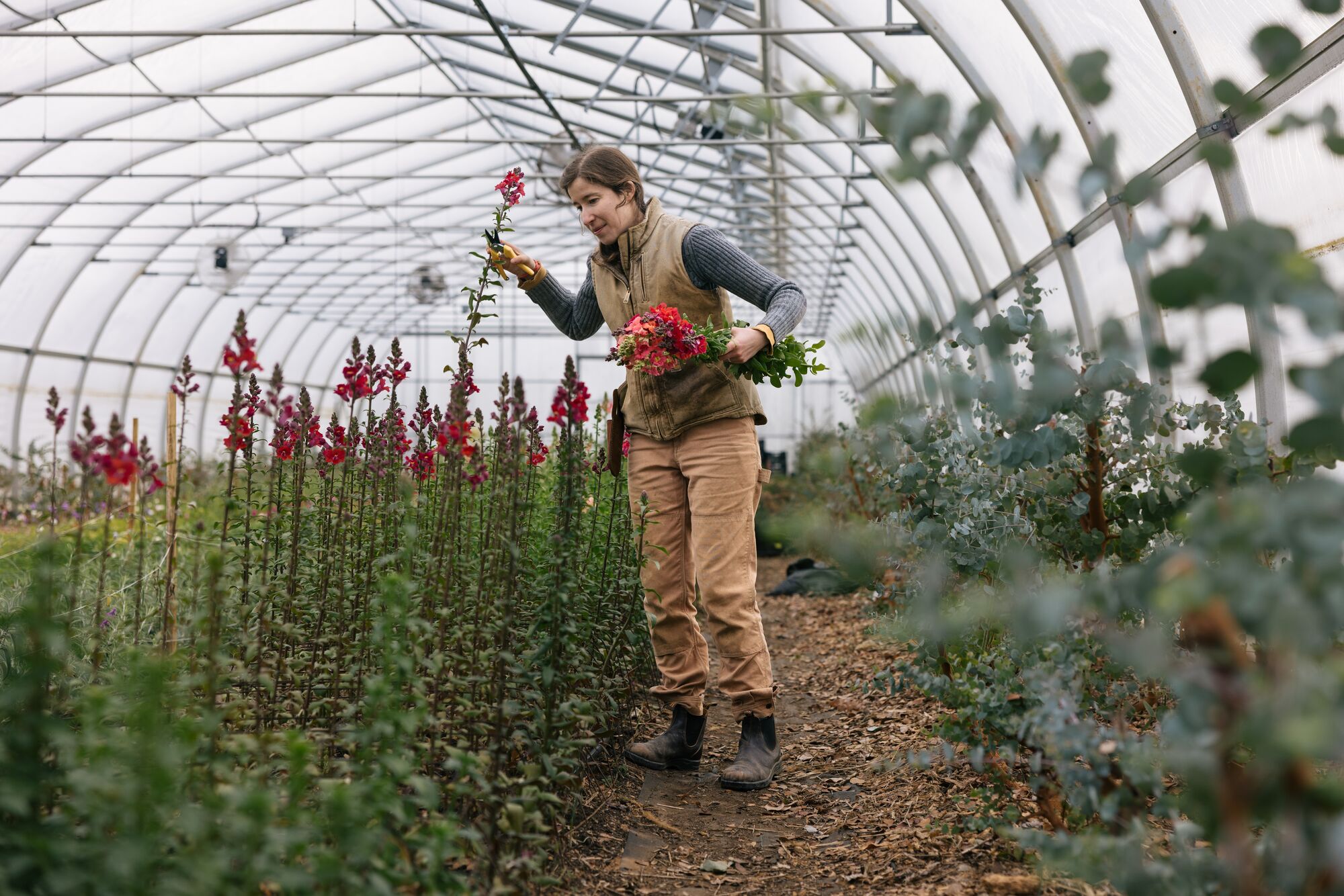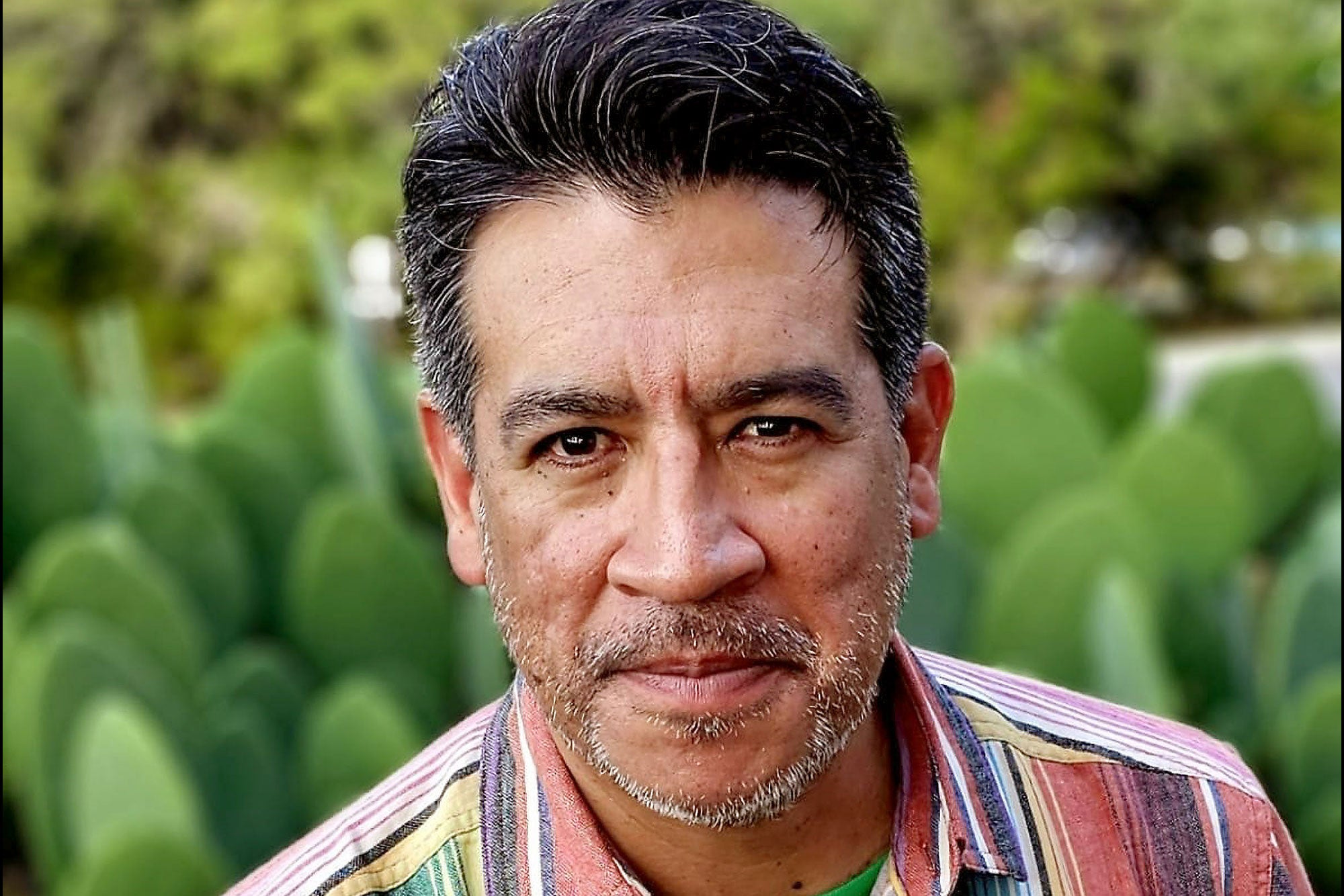April 9, 2025
Earthjustice’s Fight Against Trump’s Federal Funding Freeze
Earlier this year, the Trump administration froze federal funding appropriated from the Inflation Reduction Act, leaving thousands of Americans — including farmers, tribes, and small businesses — stranded as billions in critical clean energy investments stalled. Earthjustice is fighting back alongside impacted communities nationwide.
The Inflation Reduction Act, a $391 billion law enacted in 2022, funds clean energy projects benefiting communities across the U.S. Earthjustice has a history of successfully using the courts to push the government to invest in the clean energy future our planet needs and people deserve. We prevailed in 85% of cases against the first Trump administration's attempts to roll back environmental protections.
Earthjustice is suing the administration and the U.S. Department of Agriculture for illegally freezing IRA grant funding. We’re filing this lawsuit on behalf of grant recipients like these who have been harmed by the freeze in funding for projects.
Jessica A. Knoblauch is a senior staff writer at Earthjustice. Her goal is to bring to life Earthjustice’s inspiring and important environmental litigation work through engaging storytelling.
Photo Credits: Brien Darby (Brad Zweerink / Earthjustice). Elisa Lane (Photo courtesy of Ann-Marie VanTassell). Laura Beth Resnick (Alyssa Schukar for Earthjustice). Brian Sauder (Eric Davis for Earthjustice)
Jessica A. Knoblauch is a senior staff writer at Earthjustice. Her goal is to bring to life Earthjustice’s inspiring and important environmental litigation work through engaging storytelling.
Photo Credits: Brien Darby (Brad Zweerink / Earthjustice). Elisa Lane (Photo courtesy of Ann-Marie VanTassell). Mark Magaña (Photo courtesy of GreenLatinos). Laura Beth Resnick (Alyssa Schukar for Earthjustice). Brian Sauder (Eric Davis for Earthjustice)
